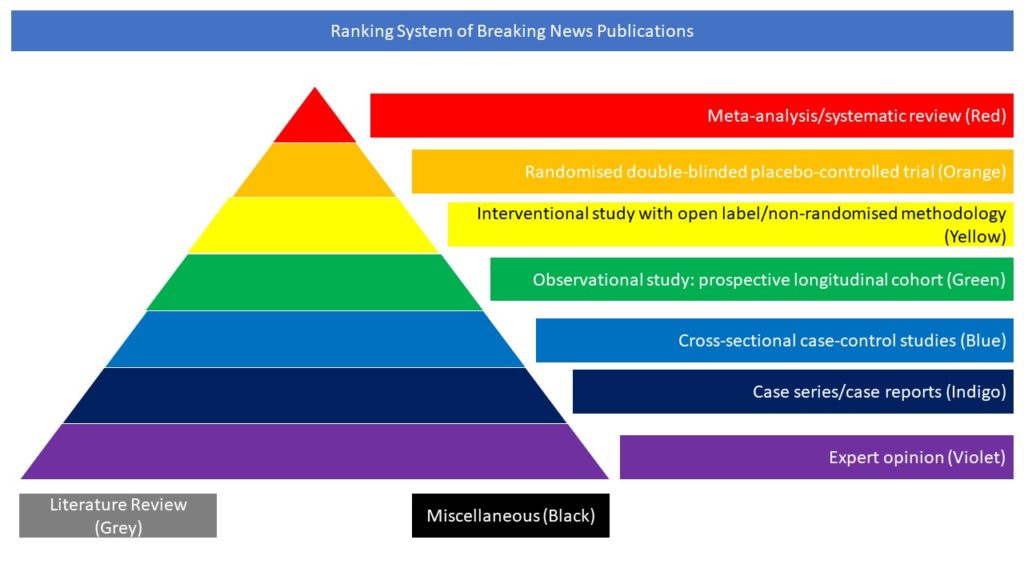Case series/case reports (Indigo)
Clinicians have reported an increase in functional tic-like behaviours in children and youth during the COVID-19 pandemic. In this article the authors describe adults developing rapid onset of functional tic-like behaviours between May 2020 and June 2021. Data were analysed from the Adult Tic Disorders Registry, a single-site,12-month prospective cohort study which began enrolment in January 2021. The authors compared clinical features of participants with Tourette Syndrome or Persistent Motor/Vocal Tic Disorder to participants with Rapid Onset Tic-Like Behaviours. 33 participants registered between January and June of 2021; 9 had Rapid Onset Tic-Like Behaviours, and 24 had Tourette syndrome or Persistent Motor Tic Disorder. Participants with Rapid Onset Tic-Like Behaviours were younger (19.9 vs 38.6, p=0.003), had older age of onset (15.3 vs 10.1, p=0.0009), and were more likely female (p<0.0001). They had higher motor and vocal tic severity and impairment scores (all p<0.01) and were more likely to have complex arm/hand motor tics (p<0.0001) complex vocal tics (p<0.0001) and coprolalia (p=0.004). They had significantly higher scores on all mental health symptom self-report measures (all p<0.05) and were significantly more likely to be diagnosed with depression (p=0.03). The clinical features which help differentiate rapid onset tic-like behaviours from Tourette syndrome or Persistent Motor Tic Disorder include their phenomenology, onset age and clinical course. Rapid onset tic-like behaviours are a distinct subtype of functional neurological disorder which has emerged during the COVID-19 pandemic in young people and appears strongly socially influenced.
Pringsheim T, Martino D. Rapid Onset of Functional Tic-Like Behaviours in Young Adults during the COVID-19 Pandemic. Eur J Neurol. 2021 Jul 22. doi: 10.1111/ene.15034.










